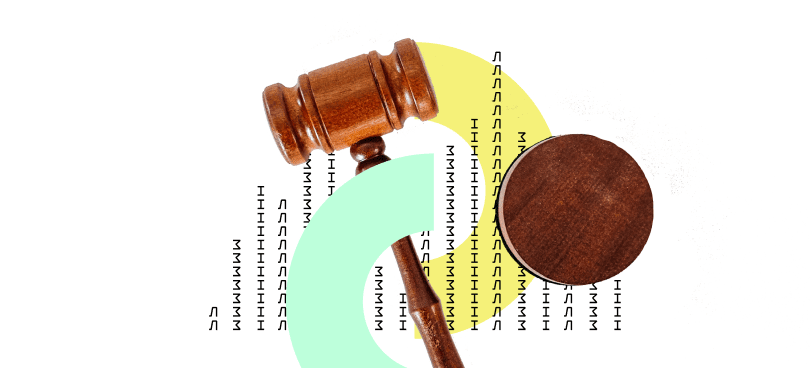One of the functions of the public is to ensure that the government’s actions are in line with its statements. If the state program provides for the construction of a road, the public should control whether such construction takes place and whether it meets the quality standard. If the state declares in law that administrative services are provided following a certain standard, then the public should check whether this is the case.
This type of activity is probably familiar to every public activist. But it often happens that the result of such control is, at best, the dissemination of information in the media, but there is no real change. This can be due to many reasons, but if you take the general political processes in brackets, the lack of communication with the authorities and the desire to find the culprits play not the least role. On one side of the barricades remains the community, and on the other – the government. The main characters are in the same boat.
Social audit appears here
Social audit can solve this problem. Social auditing differs from ordinary public scrutiny or journalistic activity by having a transparent methodology that ensures:
- involvement of authorities in auditing,
- participation of the general public in the audit,
- conducting advocacy and awareness-raising campaigns,
- use of research methods to service valuation and public policy.
What is social audit?
One of the instruments to capture several goals – increased participation, strengthening of local civil society, and oversight – is social audit. Social audit focuses on strengthening the voice and capacity of citizens to directly demand greater accountability from public officials and service providers. Social audit is an accountability mechanism where citizens organize and mobilize to evaluate the government’s or local authorities’ performance and policy decisions. It is unique in the sense that it not only provides means for monitoring and evaluation and thus contributing to combatting corruption and better governance; it also provides a platform for active citizens to self-organize and participate in the process, making their voices heard. The proposed initiative complements social audit tools with other educational and participatory instruments such as School of Community Leaders and Town Hall Meetings.
The main purpose of social audit is to improve governance, strengthen democracy, improve policy monitoring, assess the consequences of a particular policy, and verify the use of public resources.
Social audit cannot be seen as the goal of blame-seeking. It is a matter of combining the efforts of the public and the authorities in matters of control. The fact is that the policy cycle always focuses on the evaluation of policy implementation. Such an analysis should take place within the public body responsible for a particular policy. However, in the Ukrainian reality, the assessment is carried out formally or not carried out at all. And this is where social audit organized by the community can become an essential tool for interaction between the government and the public. The main thing is to explain to government agencies that they benefit from such an audit (this can be the hardest and longest part of your audit!).
Methodology of social audit
Methodology of social audit is based on a combination of a set of research methods to study the views of stakeholders (e.g., service recipients) with non-research methods of accountability. The correct use of research methods ensures the legitimacy of social audit results. It, therefore, requires the involvement of relevant experts in the development of the methodology of a specific audit. On the other hand, the development of an alliance with the authorities is one of the main conditions for the effectiveness of social audit, as it ensures sufficient representation of the interests and mobilization of the specific community.
It is important to note that social auditing can complement government reporting or financial auditing. While other types of audits are mostly documented, social audit is carried out through real activity inspection. That is why social auditing can complement other types of audits and evaluations by exposing a non-lit issue in other formats.
Social auditing is a flexible tool that can be adapted to the specific situation of a particular community. There are many specific methods. So we’re going to talk about three main methods: сitizen report card, Community scorecard, and actual inspections. But more on that later.
The development of the methodology of social auditing was carried out within the framework of the LOCUS: Leaders of Communities in Ukrainian South project with the support of the MATRA Programme of the Kingdom of the Netherlands.
















